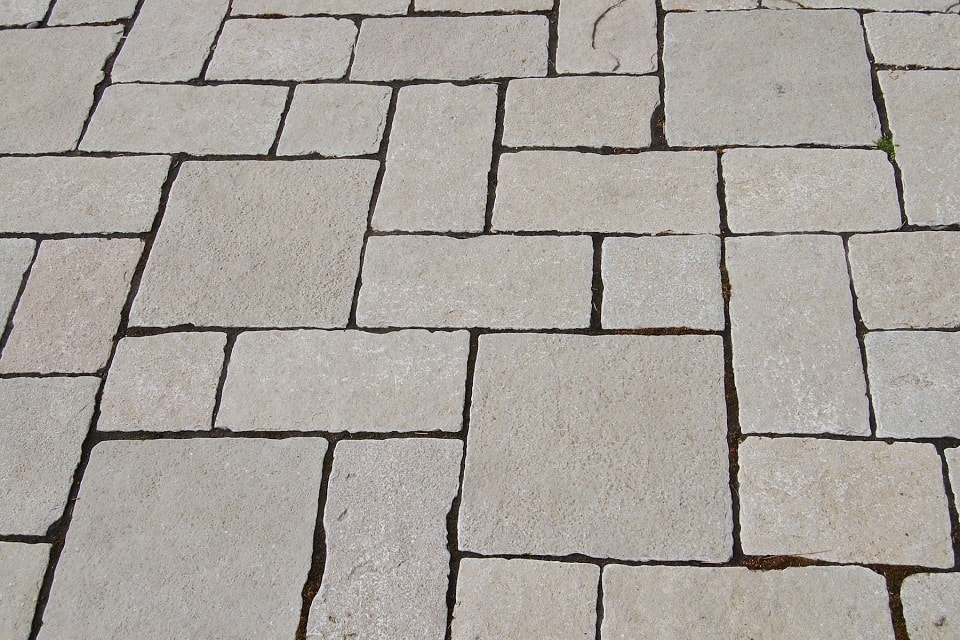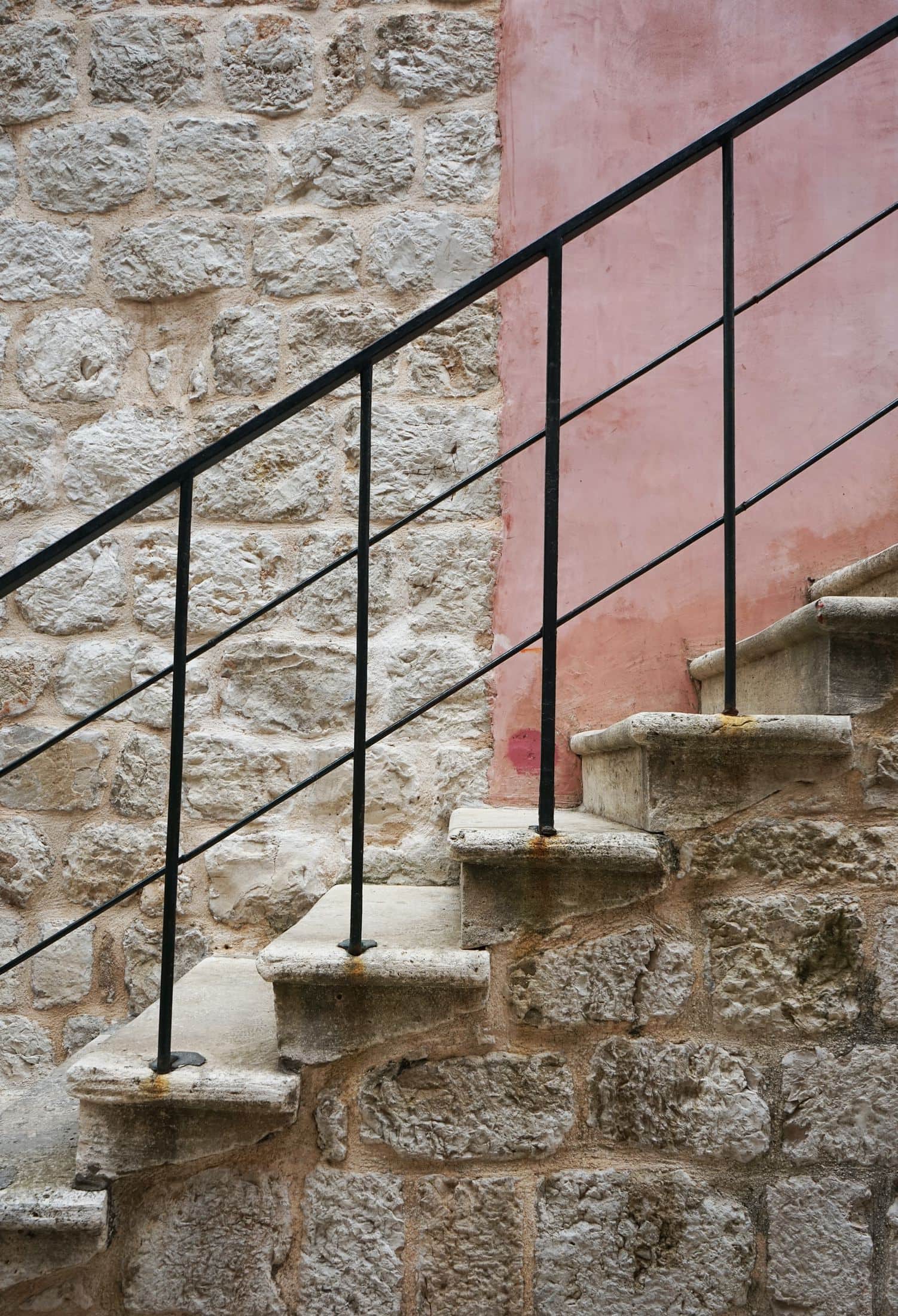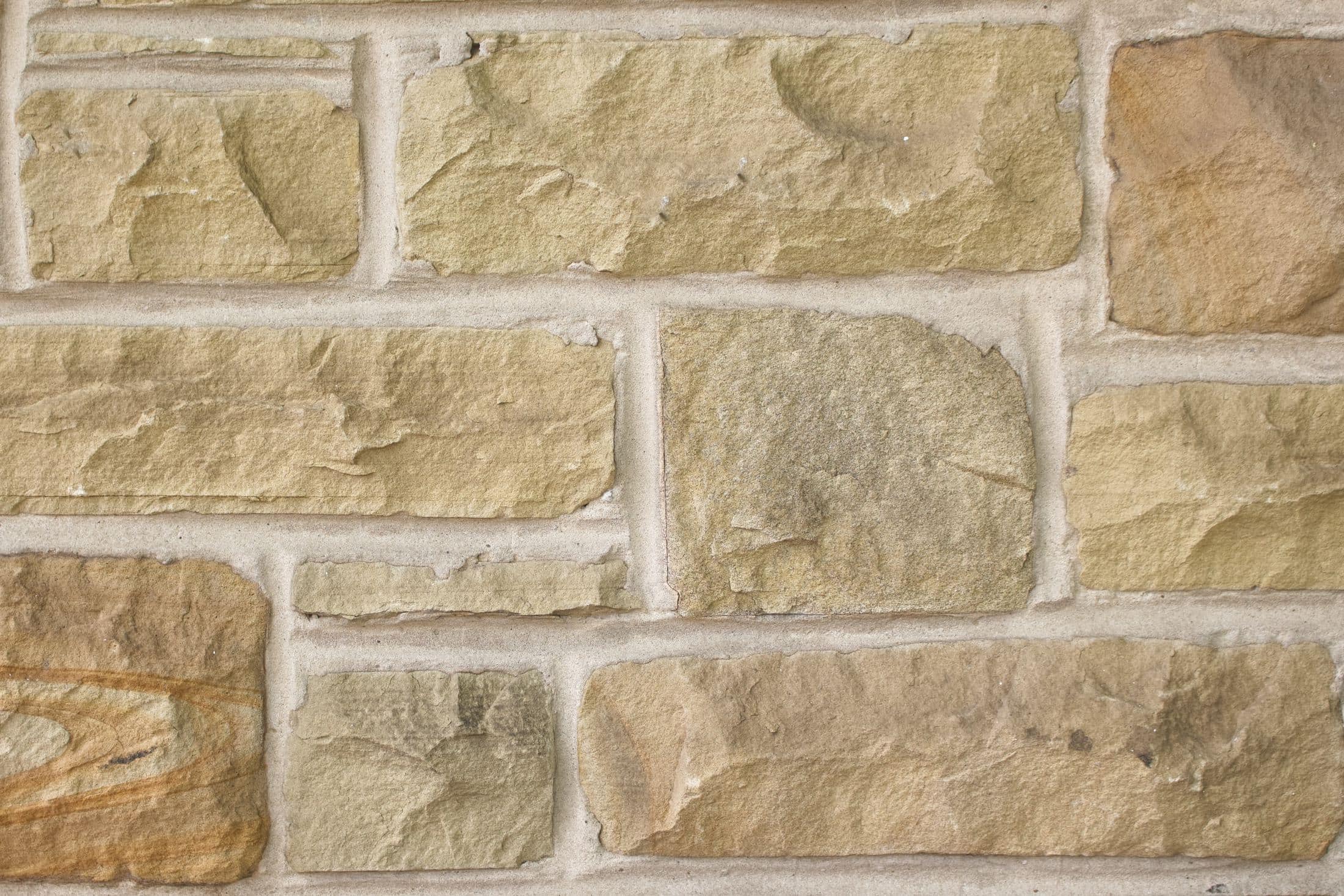If you intend to construct pavements in your backyard, you will most likely have to choose between natural stones and concrete.
Though you can also use PVC blocks, they are not as popular as the other two. Some of the most commonly used natural stones include marble, granite, travertine, and limestone.
Limestone is a natural stone made from pressurised calcite sediments found under the earth’s crust. Due to the several impurities in the sediment during its formation, this mineral is available in many colours, namely black, blue, grey, and yellow pavers.
Recently, limestone has been gaining popularity among homeowners. This is because of the natural properties that make it suitable for a wide range of applications. Some of the defining characteristics of limestone pavers include:
- Uniqueness – This is a characteristic that cuts across all-natural stones. Since each slab is quarried independently, it has a unique texture and colour pattern. This isn’t the case with concrete and other artificial paving material.
- Versatility – limestone is available in an array of colours and sizes, meaning that you can find a solution that suits your taste.
- Hard-wearing – this property makes limestone suitable for high traffic areas like entryways, driveways, and walkways.
- Non-porous – limestone isn’t porous, making it less susceptible to mould and mildew. This also means less maintenance is required.
- Non-skidding – limestone pavers provide enough traction to prevent cars from skidding as they move over it. This also makes them ideal for pool decking.
- Longevity –Limestone is extremely durable. It is less likely to chip or break when used either indoors or outdoors.

Paver Sizes
Limestone pavers come in different sizes, depending on your needs. If you intend to cover a big area, you will need larger tiles.
Most of the pieces have regular shapes, like squares and rectangles. However, you can still get irregularly shaped pieces if the need arises.
Paver Colours
The most common colour options are black, blue, grey, and yellow.
- Black limestone – this is ideal for larger outdoor areas because darker hues tend to make spaces look smaller.
- Grey limestone – this works for all types of spaces, as it is neither too bright nor too dark.
- Yellow limestone – this creates the illusion of space, making it perfect for small areas.
Paver Finishes
Like other natural stones, limestone is available in a variety of finishes. Sandblasted and brushed finishes are soft on the feet, making them a valuable addition to your hallways and swimming pool decks.
For busy areas like patios and walkways, use tiles with a tumbled finish.
Is a Sealant Necessary?
If you want to keep your limestone pavers in pristine condition, you must apply a sealant. It helps preserve the quality of the finish and prevents damage caused by dirt.
The need for sealants is heightened if you are installing black, grey, or other dark-coloured slabs. This is because darker hues tend to fade faster than brighter colours, especially when exposed to weather elements.

Advantages and Disadvantages of Limestone Pavers
Here are the pros and cons of limestone pavers.
Pros
- Highly resistant to damage
- Readily available in most parts of the world
- Cheaper than other natural stones
- Easy to maintain
- Pleasant to walk on barefoot
- Non-porosity makes it ideal for outdoor use
- Increases the perceived value of your home
Cons
- Susceptible to stains if left unsealed
- Limited colour options
- Algae grow if you don’t wash them regularly

How to Clean Limestone Pavers
With artificial pavers, you have a wide range of cleaning solutions. You can use soap, detergents, vinegar, etc.
Since limestone is a natural stone, you don’t have this luxury. Chemicals can cause significant damage to your slabs.
When cleaning limestone pavers, it is advisable to use neutral or mild-alkaline solutions. This removes dirt while protecting the surface from potential damage.
Avoid using acidic solutions, as these react with the surface of your limestone. This reaction destroys your pavers’ colour and makes them more susceptible to cracking and chipping.The best way to take care of your limestone pavers is by applying a sealant.
While it can’t match the elegance of marble or the hardiness of granite, limestone offers several benefits to people who want an affordable natural stone paving solution. It is hard-wearing and non-porous, making it ideal for outdoor use.
